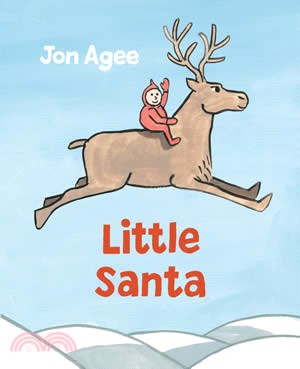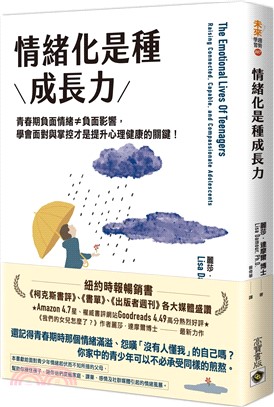Cooperation and the Evolution of Human Nature
商品資訊
ISBN13:9781667878010
出版社:Bookbaby
作者:Steven Bratman M. D.
出版日:2023/04/04
裝訂:平裝
商品簡介
相關商品
商品簡介
Chimpanzees, bonobos and humans share a common ape ancestor that lived about five or six million years ago. Some of those apes' descendants became chimpanzees and bonobos and others became humans. While the chimpanzee/bonobo lineage remained in dense forest ecosystems and evolved a lifestyle much like that of other living apes, our ancestors departed not only from the ways of apes but from those of all other mammals as well. How did our ancestors break away from typical ape ways of life and become human? Past theories focused on individual human intelligence and attributed its gradual increase to such factors as tool use, language and the use of fire to make food more digestible (permitting an increase in brain size). But, beginning in the 1980s, researchers studying human origins started to see these factors as secondary. According to an emerging consensus, humans evolved under conditions where ecological pressures forced them to develop advanced forms of cooperation. Cooperation pervades every major difference between humans and other apes. So dependent are we on cooperation for survival that It has been millions of years since any of our ancestors could provide for themselves without the active assistance of others. Even Davy Crockett did not manufacture his own guns. The daily texture of human life consists of a constant exchange of objects and services with others. No other animal lives like this (with the partial exception of the social insects). Our dependency on and capacity for cooperation so far surpasses that of other mammals that evolutionary biologists call us ultracooperators. Not only do we supply one another with food and necessary material items, we also share knowledge. Apes live in the world as it is, but we live inside information-rich ways of life created by our forebears. We learn language, technology and behavioral norms. We accept as facts of life the social institutions that exist around us, such as governments, money and morality, even though these "facts" exist only in our shared beliefs. All these processes are forms of cooperation in knowledge and ideas, extending horizontally between contemporaries and vertically between generations. Cooperation has emerged repeatedly in evolution because it offers enormous potential benefits through specialization, division of labor, increased capacity and enhanced adaptability. However, there is an obstacle: life is necessarily composed of self-interested organisms for the simple reason that any organisms not so motivated will quickly go extinct. And self-interested agents are motivated to get a leg up by cheating or free riding if they can find ways to do so. Except under special circumstances, this tendency destroys cooperation. The question of how these obstacles can be overcome has been the subject of much discussion. This book follows philosopher of life sciences Kim Sterelny and applies Occam's razor to the question, suggesting that cooperation is most likely to emerge under circumstances where cooperation benefits all participants, and there are no practical means of freeriding. Only later can more advanced systems develop that include methods to suppress cheating. Employing this line of argument, the book outlines a plausible set of ecological circumstances that led to the emergence of novel cooperative abilities in human ancestors: shared childcare, knowledge-based toolmaking and cooperative hunting and gathering. The book includes an in-depth discussion of cooperative behaviors in non-human great apes and in human children. It addresses group selection theories but suggests a plausible early path through individual selection alone. Culture is addressed as a form of cooperation that occurs largely at the level of shared thought. It concludes with four essays that apply these ideas to several contemporary issues with the goal of illuminating both the ideas and the issues. The text includes a glossary and extensive references.
主題書展
更多
主題書展
更多書展今日66折
您曾經瀏覽過的商品
購物須知
外文書商品之書封,為出版社提供之樣本。實際出貨商品,以出版社所提供之現有版本為主。部份書籍,因出版社供應狀況特殊,匯率將依實際狀況做調整。
無庫存之商品,在您完成訂單程序之後,將以空運的方式為你下單調貨。為了縮短等待的時間,建議您將外文書與其他商品分開下單,以獲得最快的取貨速度,平均調貨時間為1~2個月。
為了保護您的權益,「三民網路書店」提供會員七日商品鑑賞期(收到商品為起始日)。
若要辦理退貨,請在商品鑑賞期內寄回,且商品必須是全新狀態與完整包裝(商品、附件、發票、隨貨贈品等)否則恕不接受退貨。
























